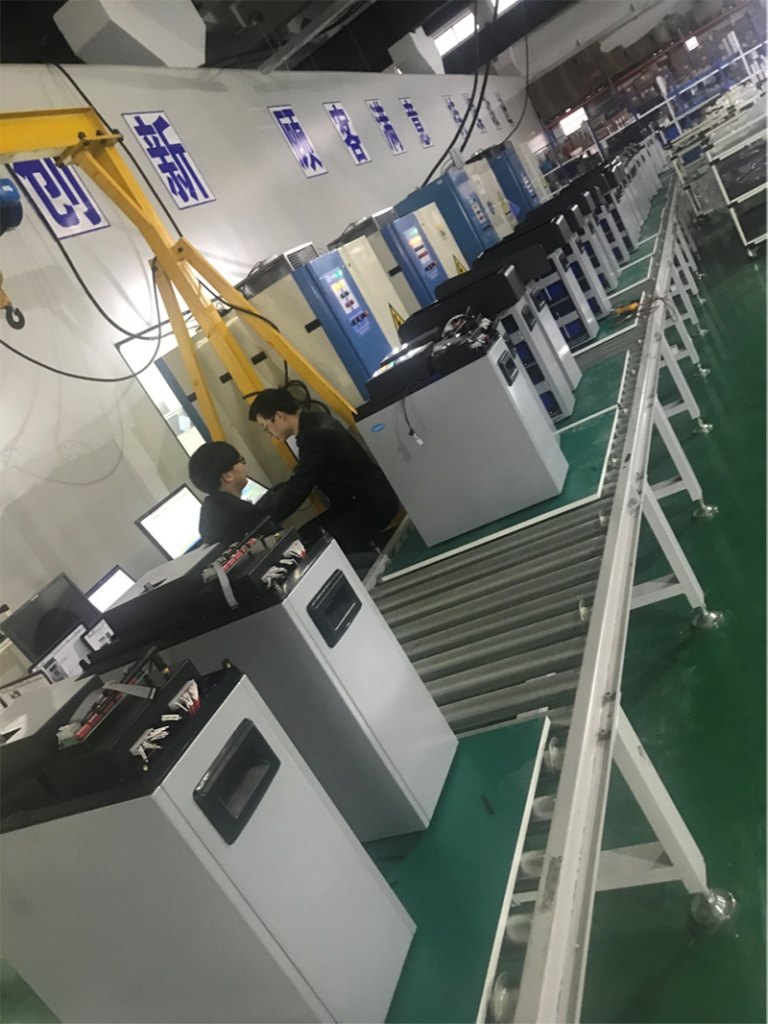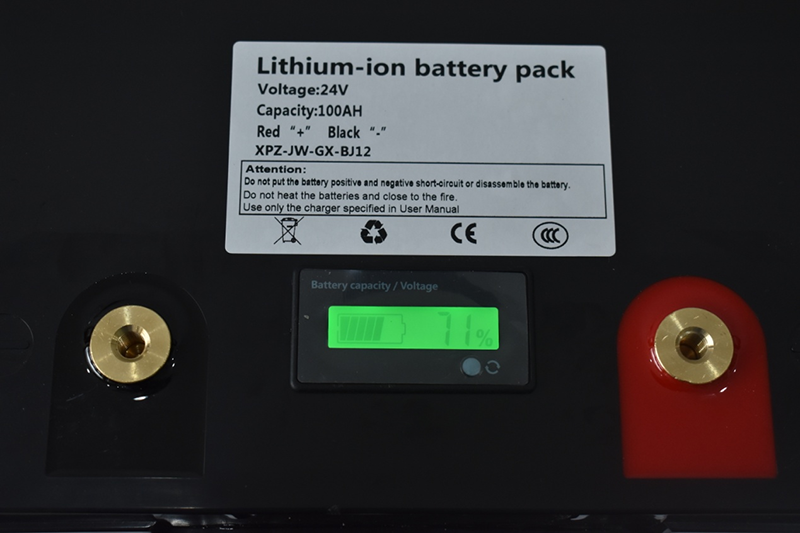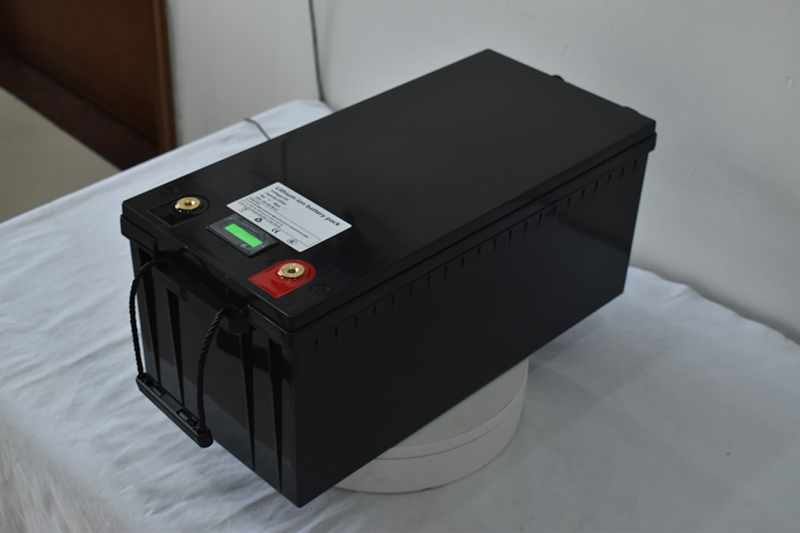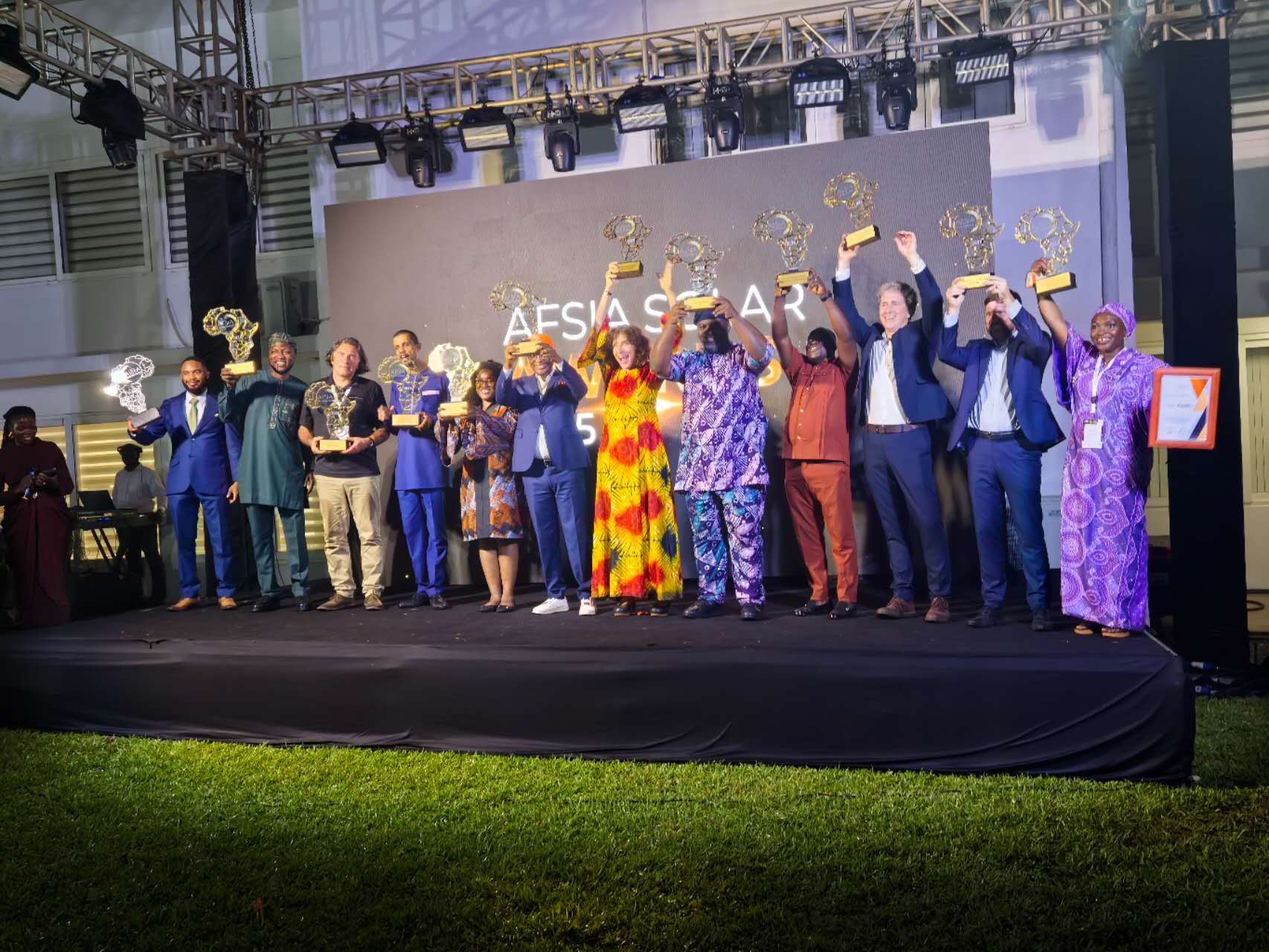
Compared with other types of batteries, lithium-ion batteries have the following significant advantages.
①The working voltage is high. The working voltage of lithium cobalt oxide lithium ion battery is 3.6V, the working voltage of lithium manganate lithium ion battery is 3.7V, the working voltage of lithium iron phosphate lithium ion battery is 3.2V, and the working voltage of nickel metal hydride and nickel cadmium battery is 3.7V. The working voltage is only 1.2V.
②High energy density. The theoretical energy density of cathode materials for lithium-ion batteries can reach more than 200W·h/kg. In practical applications, due to irreversible capacity loss, the energy density is usually lower than this value, but it can also reach 140W·h/kg, which is still nickel-cadmium. 3 times the battery, 1.5 times the nickel-metal hydride battery.
③Long cycle life. At present, the number of cycles of lithium-ion batteries can reach more than 1,000 times under the condition of deep discharge; under the condition of low depth of discharge, the number of cycles can reach tens of thousands, and its performance is far superior to other similar batteries.
④ Small self-discharge. The monthly self-discharge rate of lithium-ion batteries is only 5% to 9% of the total electric capacity, which greatly alleviates the problem of electric energy loss caused by self-discharge when traditional secondary batteries are placed.
⑤ No memory effect.
⑥High environmental protection. Compared with traditional lead-acid batteries, nickel-cadmium batteries and even nickel-metal hydride batteries, which may cause environmental pollution problems, lithium-ion batteries do not contain mercury, lead, cadmium and other harmful elements, and are truly green batteries. Sixth, the application of lithium-ion batteries With the rapid development of mobile electronic equipment and the continuous increase in energy demand, people’s demand for lithium-ion batteries is also increasing. The high capacity, moderate voltage, wide range of sources of lithium-ion batteries, long cycle life, low cost, good performance, and no pollution to the environment determine that it can not only be used in mobile communication tools, but may also become a rapidly growing battery. The power source for the development of electric vehicles. The usage categories of lithium-ion batteries are shown in Table 3-5.


Types of Lithium-Ion Batteries
(1) Application in portable electrical appliances At present, electrical appliances such as mobile phones, notebook computers, and miniature cameras that require portable power have become an indispensable part of people’s lives. In terms of their power sources, lithium-ion batteries are selected as the market without exception. the mainstream. According to statistics, the global production of mobile phones is nearly 2.1 billion units per year, and the global annual production of notebook computers is about 150 million units, forming a huge lithium-ion battery application market. In this field, lithium cobalt oxide and lithium manganate lithium-ion batteries dominate.
(2) Application in the transportation industry With the progress of social civilization, people’s awareness of environmental protection has increased and the requirements for the environment have become increasingly high. Environmentally friendly means of transportation have entered people’s field of vision. At present, my country’s electric light vehicles, mainly electric bicycles, are showing a booming trend. Lithium-ion batteries have begun to be applied in some high-end models. In the development of electric vehicles, lithium-ion batteries have become mainstream. In China, more than half of the electric vehicles developed by many automobile research and production enterprises use lithium-ion batteries, and there is a trend of gradual expansion. Internationally, pure electric vehicles and plug-in hybrid electric vehicles that have been announced to enter the market, such as Nissan’s Leaf, Mitsubishi’s i-MiEV and GM’s Volt, all use lithium-ion battery systems.
(3) Application in military equipment and aerospace industry In military equipment, lithium-ion batteries are mainly used as power starting power, wireless communication radio power, power supply for miniature unmanned reconnaissance aircraft, etc. In addition, such as laser sights, Lithium-ion batteries are also commonly used in night vision devices, pilot life-saving radio power supplies, etc. In the aerospace field, lithium-ion batteries have been used in geostationary orbit satellites and low-orbit communication satellites as power for launch and in-flight corrections and ground operations.
(4) The structural characteristics and special working principles of other lithium-ion batteries determine their rich raw materials, environmental protection, high specific capacity, good cycle performance and safety performance. etc.), petrochemical industry (for example, oil production power load adjustment), power industry (for example, energy storage power supply), etc. all have broad application prospects. It is more important in today’s pursuit of green energy.






